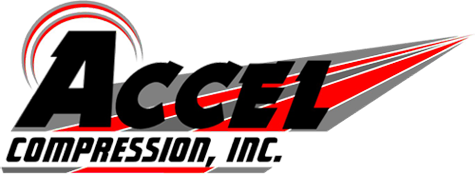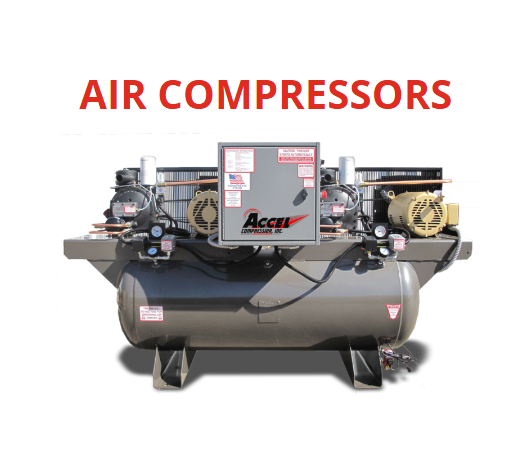Instrument Air in Odessa: Ensuring Clean, Reliable Pneumatics for Industrial Operations
In the industrial heartland of Odessa, Ukraine, maintaining high-quality instrument air is increasingly critical. Whether in petrochemical, marine, manufacturing, or control-system environments, the role of instrument-grade compressed air cannot be overstated. This article explores what instrument air is, why it matters in Odessa, how systems are designed in practice, and what local operators should watch out for.
What is Instrument Air?
Instrument air is a specially treated compressed-air supply used to power pneumatic control instruments, valves, actuators and other sensitive devices. Unlike general “plant air” or standard compressed air, instrument air is dry, oil-free, and contains minimal particulate contaminants. Atlas Copco+2arca-valve.com+2
In many industries, especially oil & gas and processing plants, instrument air supports safety-critical systems, such as control valves or emergency shutdown units. Airpressa+1
Why It Matters in Odessa
Odessa is a major hub for maritime, energy and industrial operations. In such settings:
-
Pneumatic controls must operate with precision — contaminated air (moisture or oil) can cause actuator stiction, valve failure or erratic behavior. tidjma.tn+1
-
Climate and ambient conditions matter: near-sea, humid air can increase moisture ingress in compressors and distribution piping, making robust drying and filtration essential.
-
Regulatory and reliability demands: industries in the region increasingly need to ensure uptime, minimal unplanned shutdowns and compliance with standards for compressed air systems.
Key Specifications & Requirements
When designing an instrument air system for an Odessa facility, operators typically focus on:
-
Purity: The air must be free of oil vapor, liquid water and dust. Lubricated compressors or poorly drained systems are unacceptable. Atlas Copco+1
-
Dew point: The compressed air must be dried to a sufficiently low dew-point so that condensation will not form in pipelines, actuators or valves. Airpressa
-
Pressure & flow: The system must deliver adequate pressure (depending on the plant-spec) and be sized to meet the volumetric demand of pneumatic devices. Open100+1
-
Treatment & monitoring: Compressors, dryers, filters, condensate traps, receivers and distribution piping all need planned-maintenance, monitoring of pressure, dew point, contamination level and system alarms. compression-systems.uapc.com
Typical Architectures & What to Consider
A typical instrument-air system in an Odessa industrial setting might include:
-
A dedicated air-compressor train (often oil-free or oil-separated) with redundancy.
-
A receiver tank / buffer to smooth demand peaks.
-
A drying stage (e.g., desiccant or refrigerated dryer) to reduce moisture.
-
Coalescing / activated-carbon / particulate filters to remove oil and solid particulate.
-
A header/distribution system delivering cleaned compressed air to control valves, instrumentation and low-flow pneumatic devices.
When selecting equipment, consider corrosion resistance (especially in maritime/coastal environments such as Odessa), ease of maintenance (filters, condensate drains, dryer media), and system instrumentation (dew-point, pressure gauges, alarms).
Benefits of a High-Quality Instrument Air System
-
Enhanced reliability: Clean, dry instrument air helps pneumatic devices respond predictably and avoids failures caused by moisture or oil.
-
Lower maintenance & downtime: Reduced risk of valve sticking or actuator failure means fewer unplanned shutdowns and lower repair costs.
-
Safety improvement: In process plants, faulty pneumatic control can affect emergency shutdown systems; quality instrument air enhances safety margins.
-
Compliance & efficiency: Meeting industry standards and optimizing pneumatic control means better energy efficiency (avoiding leaks, ensuring proper maintenance) and improved operational control.
Common Pitfalls & Local Challenges in Odessa
-
Ambient humidity: Odessa’s climate may challenge simple air-drying systems; designers must size dryers and drains correctly.
-
Oil-contamination from compressors: Using general industrial compressors without proper separation may introduce oil vapour, which is unacceptable for instrument air. Atlas Copco+1
-
Neglecting distribution piping: Even with a good central system, old or corroded air-lines, or undersized drains, can cause pressure drops, moisture carry-over or contamination.
-
Inadequate monitoring and maintenance: Failing to plan for filter changes, drain checks, and dew-point monitoring leads to system degradation over time.
-
Mismatch between demand and supply: Under-sized compressors or receivers cause pressure instability under peak demand; oversizing unnecessarily wastes energy.
Practical Advice for Implementation in Odessa
-
Conduct a demand audit: tally all pneumatic devices, their flow/pressure requirements and duty cycles.
-
Choose oil-free compressors or ensure proper oil-removal filters; ensure dew-point specification suits your environment (e.g., -40 °C dew-point typical for high-quality instrument air). HFM Magazine+1
-
Design for redundancy: critical control systems should have backup compressor or alternate train to maintain supply during maintenance.
-
Implement monitoring: install dew-point sensors, pressure gauges and alarms on the receiver; schedule filter changes and dryer maintenance.
-
Insulate and drain distribution network: moisture can condense in cold ambient conditions or lines; ensure proper drainage and insulation.
-
Consider future expansion: plan for growth in pneumatic devices to avoid needing major upgrades later.
-
Choose local service support: in Odessa region, ensure you have access to qualified technicians for compressor, dryer and filter maintenance.
Conclusion
For industrial operations in Odessa, investing in a well-designed instrument air system is not just an optional extra—it’s a fundamental component of reliable, safe and efficient pneumatic control. By ensuring the air is clean, dry and delivered at appropriate pressure and flow, you protect critical instruments, reduce maintenance and support smooth operations. With the right specification, maintenance plan and local support, your facility in Odessa can operate with the confidence that its instrument-air system will perform when it matters most.

